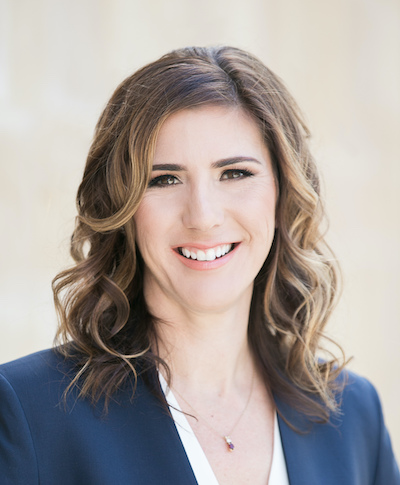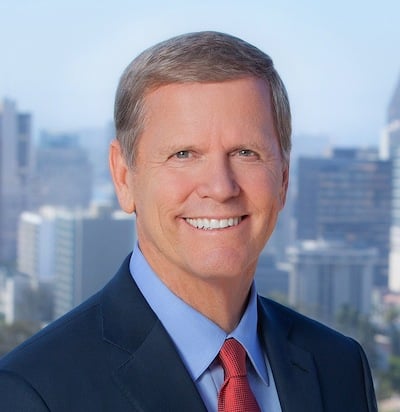San Diego lawyers create new pro bono program amid COVID-19 crisis

Image from Shutterstock.com.
While courthouses were closed because of COVID-19, members of San Diego’s legal community developed a new program designed to help parties tackle their civil disputes for free outside the court system.
The initiative, called Resolve Law San Diego, offers litigants the chance to have retired judges or qualified local attorneys handle law and motion matters and mediations pro bono.
The program officially started providing services in late May and is expected to continue at least through late September.
“The uncertainty of not having a resolution for a lot of people is extra stress in an already stressful time right now,” says Amy R. Martel, Resolve Law San Diego’s chair. “The idea was to help our legal community move cases through and to help relieve the backlog in the courts.”
The San Diego Superior Court system’s shutdown for all nonemergency matters from mid-March through late May meant approximately 87,000 hearings for all case types needed to be rescheduled, according to a court spokeswoman.
 Amy R. Martel, Resolve Law San Diego’s chair and a partner at Chihak & Martel.
Amy R. Martel, Resolve Law San Diego’s chair and a partner at Chihak & Martel.
Martel says soon after the shutdown began a committee featuring both civil plaintiffs and defense lawyers came together to brainstorm ideas for creating an alternative venue to assist litigants and lawyers. They ultimately established Resolve Law San Diego.
As word of the initiative quickly spread, more than 250 retired judges and active lawyers pledged their services free of charge. Local bar associations and dispute resolution companies gave their support as well.
“The response has been phenomenal,” says Martel, a partner at Chihak & Martel who is also president of Consumer Attorneys of San Diego. “We’ve even had active judges ask if they can help in any way.”
The program’s reach extends beyond traditional civil cases to family law, probate and unlawful detainer matters. The large number of volunteers also allowed the initiative to include pre-litigation legal disputes.
At least 20 cases were submitted to the program in the first two weeks, according to Martel, and that figure has continued to grow.
Hearings through the program are conducted by video conferencing or telephone, and briefing is expected to be limited. The first two hours of a mediation, and the first hour of law and motion hearings, are free. Parties can work out their own arrangements for matters that extend beyond those time frames, and they also determine whether a neutral’s decision will be binding or nonbinding.
David S. Casey Jr., a member of the Resolve Law San Diego committee, says the program is a great example of the strong camaraderie in the local legal community.
“In this very difficult environment which has impacted all of us, I thought this was a very wonderful and positive thing to see done in San Diego,” says Casey, managing partner of Casey Gerry Schenk Francavilla Blatt & Penfield.
 David S. Casey Jr., a member of the Resolve Law San Diego committee and managing partner of Casey Gerry Schenk Francavilla Blatt & Penfield.
David S. Casey Jr., a member of the Resolve Law San Diego committee and managing partner of Casey Gerry Schenk Francavilla Blatt & Penfield.
Lorna A. Alksne, presiding judge of the San Diego Superior Court, agrees. She says she was asked early on by civil lawyers if she thought the Resolve Law concept was a good idea, and she told them to move forward.
“The leaders of the civil legal community really came together, and I’m very thankful for their efforts,” Alksne says.
The San Diego court is quickly catching up on backlogged civil matters through video and telephone conferences, according to Alksne.
However, Casey says there is a possibility the Resolve Law program will continue for longer than planned given the recent rise in COVID-19 cases in California. He also says legal communities throughout the state and other parts of the country may want to review whether to launch similar initiatives.
“I hope there is not a necessity to replicate this program around the country, but if we get into really difficult times, it is certainly something other jurisdictions may want to consider,” Casey says.



